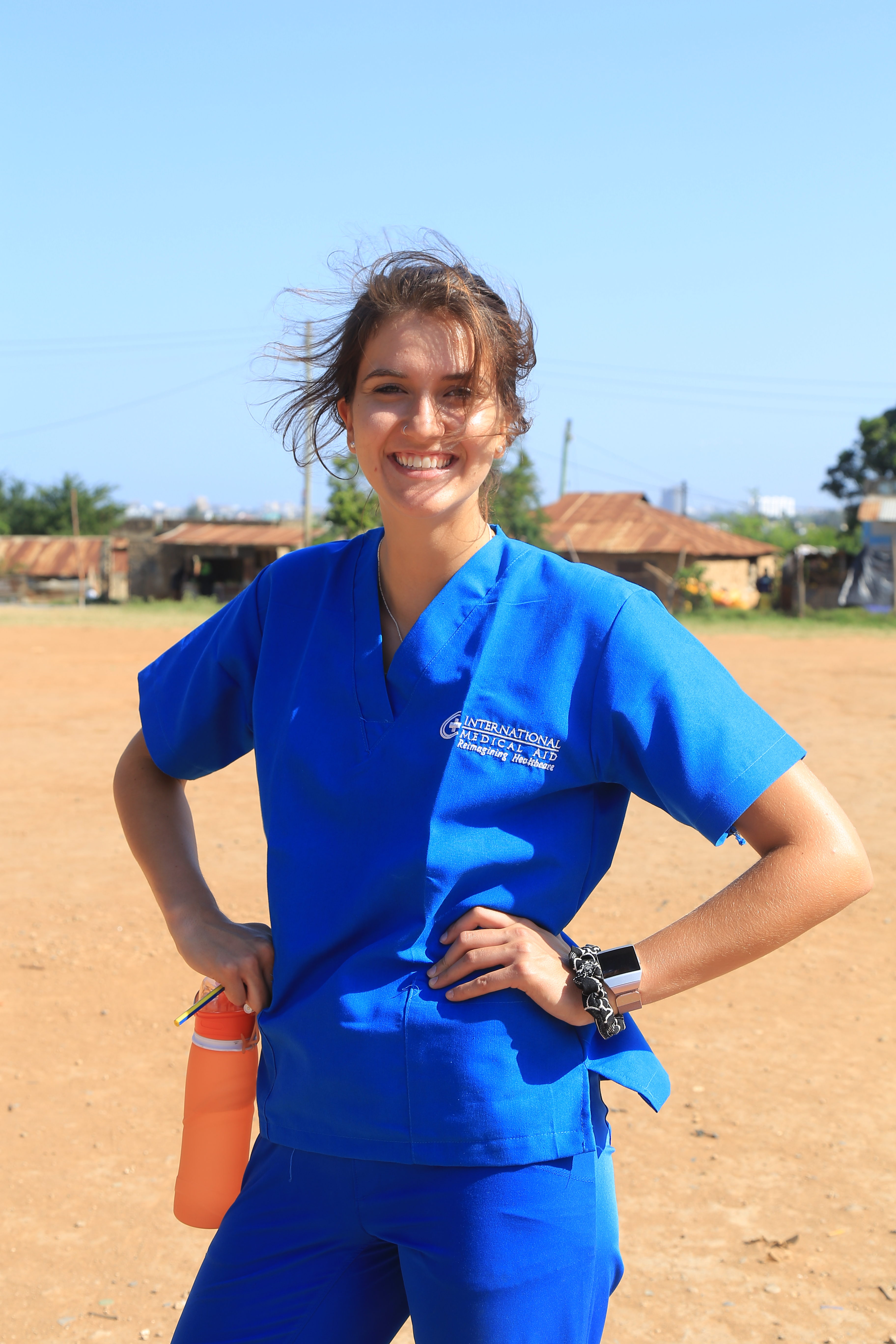Boarding my flight for Kenya, I didn’t know what to expect. I knew I would be in a hospital rotating through different specialties and volunteering during the week. I chose to observe a variety of specialties in order to expose myself to a variety of cases within the hospital. I also knew that I would get out of my experience what I put in. I went into this trip with an open mind and willingness to learn. I wanted to take this as an opportunity to motivate me in my academic career moving forward. I knew that I wanted to go to school to become a physician assistant, but I wanted to begin my exposure to medicine in an environment that is completely different from the United States. In doing this, I would allow myself to step out of my comfort zone in order to learn the most about not only medicine in Kenya, but also the way of life there. I could then also realize how fortunate we are in the United States to have access to so many medical supplies and to see how Kenyans adapt to supply and staff shortages.
According to a lecture series that was presented during my orientation day in Kenya, the national poverty line for Kenyans is making less than 2 USD a day and about 40% of Kenyans are below this number. This means that 40% of people living in Kenya can’t afford basic necessities, let alone healthcare. This was a very tough concept to grasp but was very evident in my time at Coast Provincial General Hospital on many different occasions.
I remember one of my first days at the hospital I saw a sign on each ward that showed the services offered to patients and the price. Most services were free, but not all. One of the interns I was with was baffled by the idea that a major surgery only costed the equivalent of 100 USD. To us, that seemed affordable and was surprising. However, the reality of the situation is that many people cannot afford that because it is 50 times more than the poverty line. This leads to patients not receiving surgeries or medications because of the cost.
Another difference in the healthcare systems between Kenya and the United States is the method of payment for services. In the United States, if a surgery is needed or lifesaving medication is required for a patient, they receive the treatment and are billed later. Of course, this leads to a huge burden of debt from medical bills. According to a medical officer that I was observing in Mombasa, if the patient does not have the money up front, they do not receive care at CPGH. This was heartbreaking to witness as patients who had options for continuing care were trapped in a corner due to the price. However, this is the case for so many people who live in this country.
The highlight of my trip was being able to do a few night shifts in the labor ward. My mother is a labor and delivery nurse in the United States, so I had a rough idea of what giving birth involved. However, watching my first delivery on night shift was shocking. Having the ability to watch different moms bring new life into this world every hour or so was an incredibly humbling and invaluable experience. Each time I watched a new birth I was reminded that there is no pain medication offered to the moms here, but the exhaustion of delivery was quickly washed away by the joy of a newborn baby.
During one of my night shifts I talked to a midwife about her career and what she has seen in her years at CPGH. I couldn’t help but mention how many children people have at such young ages in Kenya, especially since there is high population of those in poverty. She told me that Kenyans do their best to not worry about money. They know that they will be able to make ends meet one way or another, but correlating having kids with lack of money never crosses their mind. I found that to be inspirational that they leave material wealth up to a higher power and appreciate everything that they do have.
All of these experiences and many more allowed me to develop a deeper appreciation for medicine and a desire to be able to do more. After doing my rotations, I am elated to continue my education and upon completion of school I want to come back to Kenya. I want to return when I am qualified to do more at the hospitals and when I can make more of an impact on the people who cannot afford medical care.
I would not have been able to experience any of this without International Medical Aid. The program had an amazing staff that was more than willing to help out with any problems that arose, or questions that came up. They also made sure that the interns knew what was expected of them throughout their stay. I learned so much about not only healthcare in Kenya, but also about daily life on that side of the world. I would not trade my experience for anything, and I hope to someday return the favor.


